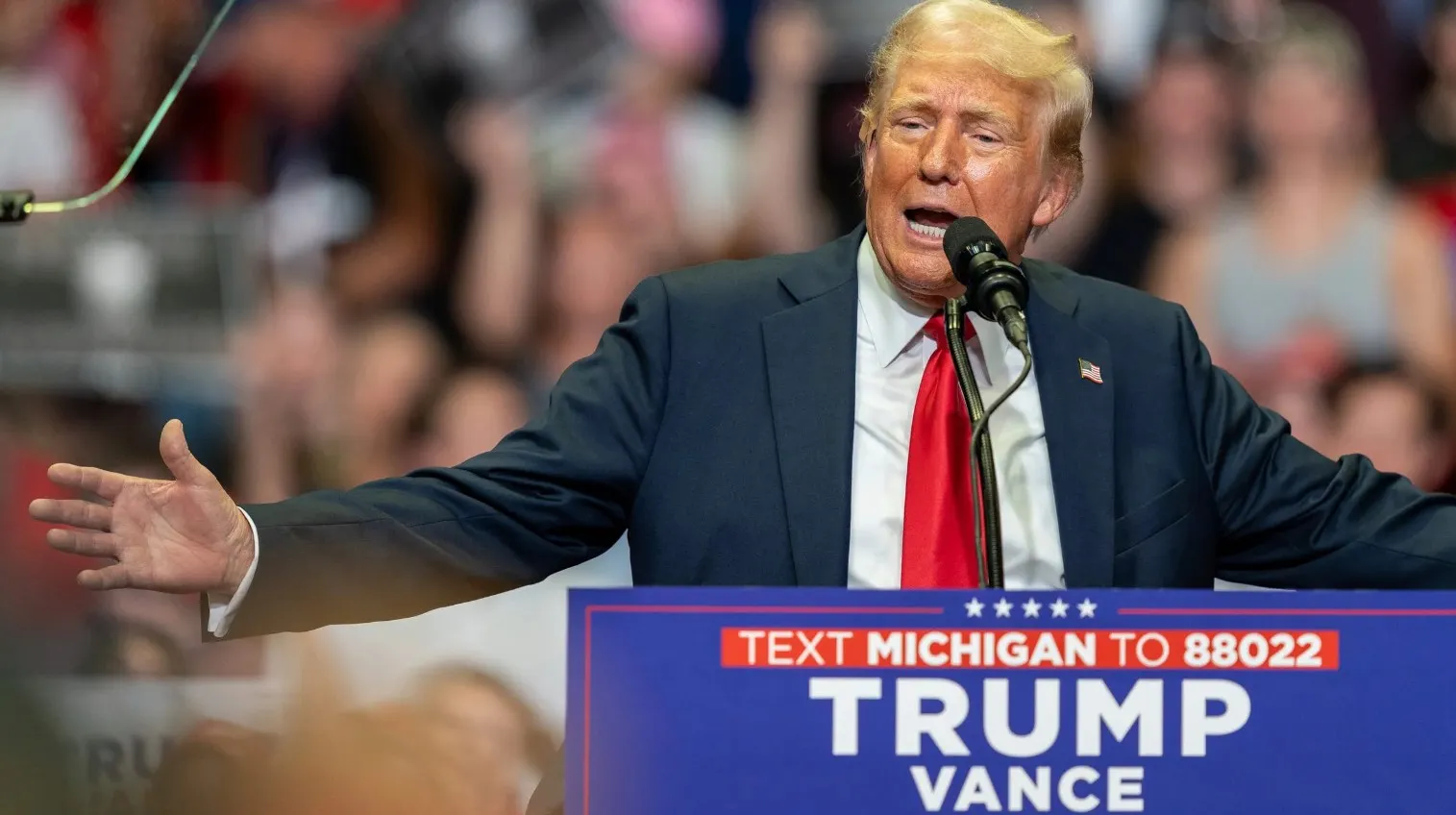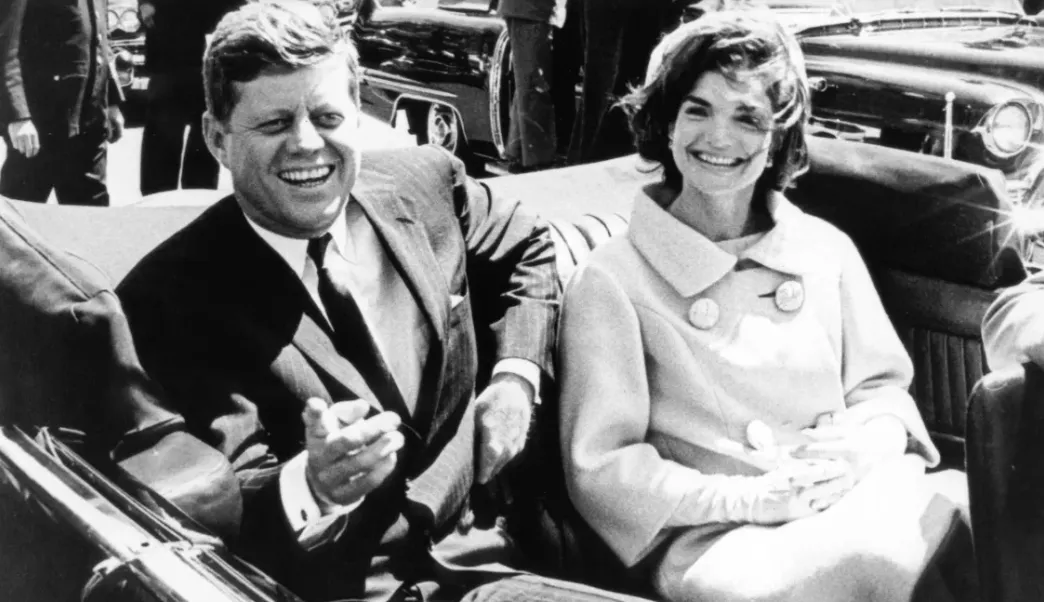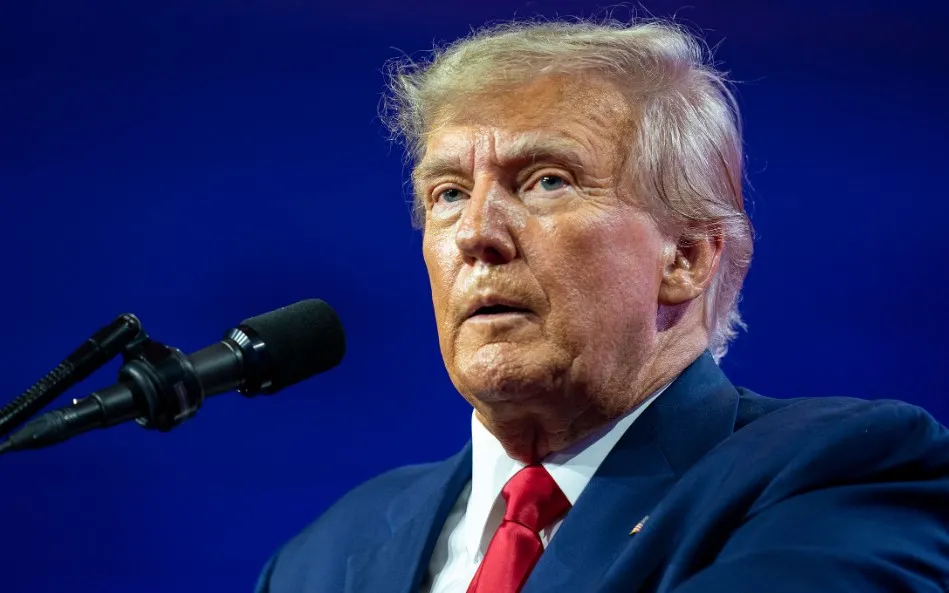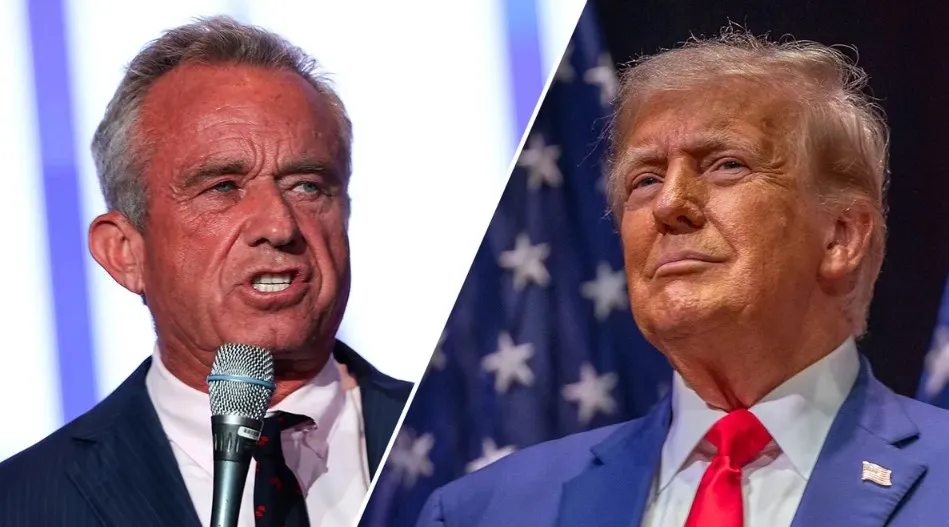John F. Kennedy Jr., the son of President John F. Kennedy and Jacqueline Kennedy Onassis, was born into a world of immense privilege and expectation. From a young age, he was in the public eye, symbolizing the continuation of the Kennedy legacy.

Despite the weight of his family name, JFK Jr. carved out his own path, which ultimately led him to pursue a career in law. His journey to becoming a lawyer was marked by a commitment to education, a determination to succeed on his own terms, and the challenges of living up to a name that carried both fame and tragedy.
Early Life and Education: Laying the Foundation
John F. Kennedy Jr. was born on November 25, 1960, just weeks after his father was elected the 35th President of the United States. Known affectionately as "John-John" during his childhood, he grew up in the White House, becoming a beloved figure in American culture.
After the assassination of his father in 1963, the Kennedy family moved to New York City, where Jackie Kennedy Onassis worked to provide a sense of normalcy for her children while shielding them from the relentless media attention.
![]()
Education was a cornerstone of the Kennedy family, and John Jr. was no exception. He attended the prestigious Collegiate School in New York City before transferring to Phillips Academy in Andover, Massachusetts, a boarding school known for its rigorous academic standards.
At Phillips Academy, JFK Jr. excelled academically and athletically, demonstrating the discipline and determination that would later define his legal career.
In 1979, JFK Jr. enrolled at Brown University, where he majored in history. During his time at Brown, he developed an interest in politics, journalism, and public service, all fields that his family had a strong connection to.
Despite the constant scrutiny and high expectations placed upon him, JFK Jr. remained grounded and focused on his studies. He graduated from Brown in 1983 with a Bachelor of Arts degree in history.
The Decision to Pursue Law: Balancing Legacy and Personal Ambition
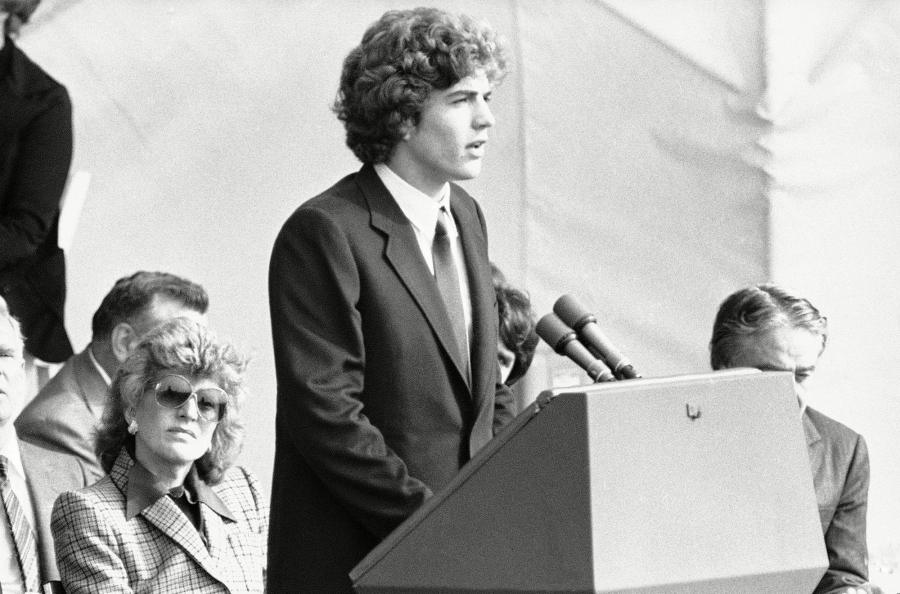
After graduating from Brown, John F. Kennedy Jr. faced a critical decision: what path should he take in life? With a family history steeped in politics and public service, many assumed he would follow in the footsteps of his father and uncles by pursuing a career in politics.
However, JFK Jr. was determined to make his own mark on the world and explore different avenues before making any decisions about his future.
During this period, JFK Jr. worked for a brief time as a journalist, writing for publications like The New York Times and New York Daily News. He also explored acting, which he considered as a potential career before ultimately deciding it was not the right fit.
Throughout these experiences, JFK Jr. remained deeply connected to the idea of public service, and he realized that a career in law could provide him with the tools and knowledge to make a meaningful impact on society.

In 1986, JFK Jr. made the decision to attend law school, a choice that surprised some who expected him to enter politics directly.
However, this decision was in line with his desire to build a solid foundation for his future and gain the skills necessary to navigate complex legal and political landscapes.
He chose to attend New York University (NYU) School of Law, one of the most respected law schools in the country.
Law School Years: Facing Challenges and Proving Himself

JFK Jr. entered NYU School of Law with the goal of becoming a competent and respected lawyer. Despite his famous last name, he was determined to succeed based on his own merits rather than relying on his family connections. Law school was a challenging experience for JFK Jr., as it is for most students.
The rigorous curriculum required him to hone his analytical thinking, legal reasoning, and writing skills. He had to juggle the pressures of academic performance with the constant media attention that came with being a Kennedy.
One of the key challenges JFK Jr. faced during his time in law school was balancing the demands of his studies with the expectations placed upon him as a public figure.
Unlike his classmates, who could focus solely on their legal education, JFK Jr. was constantly in the spotlight.

Every decision he made, both in and out of the classroom, was scrutinized by the media and the public. Despite these challenges, JFK Jr. remained committed to his legal studies and worked diligently to prove himself as a capable and serious student.
During his time at NYU, JFK Jr. interned at the Manhattan District Attorney's Office, where he gained valuable experience in criminal law and courtroom procedures.
This hands-on experience provided him with a deeper understanding of the legal system and allowed him to see firsthand the impact that the law can have on people's lives. It also solidified his commitment to pursuing a career in law.
Passing the Bar: Overcoming Setbacks and Triumphing
After graduating from NYU School of Law in 1989, JFK Jr. faced one of the most significant challenges of his legal career: passing the New York State Bar Exam.
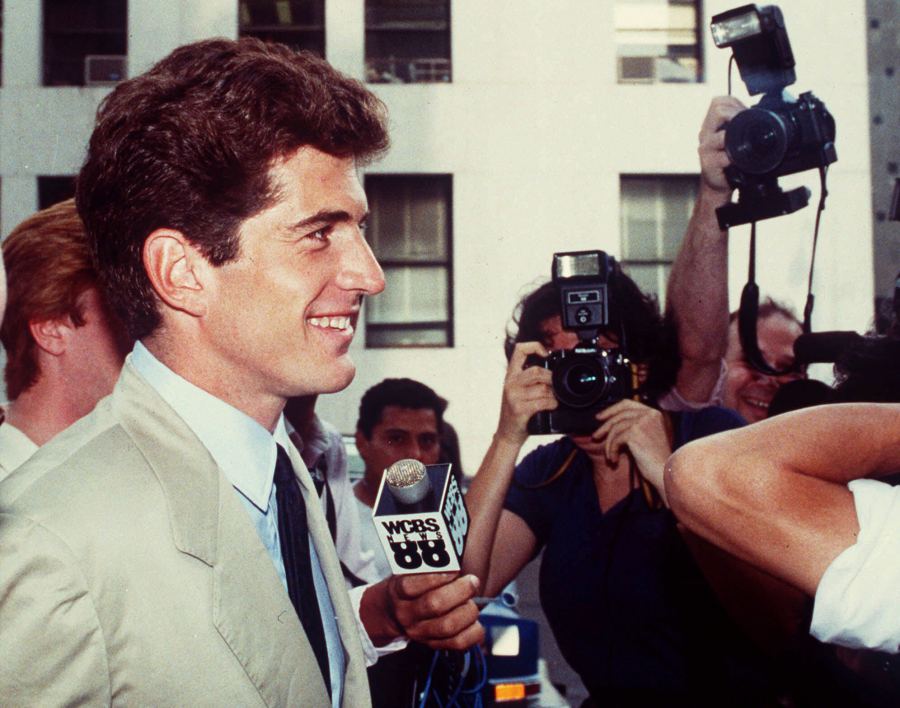
The bar exam is notoriously difficult, and it is not uncommon for even the most accomplished law school graduates to struggle with it.
JFK Jr. was no exception, and he failed the bar exam twice before finally passing on his third attempt in 1990.
The media, always eager to highlight any perceived failure on the part of a Kennedy, seized upon JFK Jr.'s struggles with the bar exam. Headlines about his failures appeared in newspapers across the country, and he faced intense public scrutiny.
However, JFK Jr. handled the situation with grace and resilience. Rather than being discouraged by the setbacks, he used them as motivation to work even harder. His eventual success in passing the bar exam was a testament to his determination and refusal to give up in the face of adversity.
Building a Legal Career: Finding His Niche

After passing the bar exam, John F. Kennedy Jr. embarked on his legal career. He began working as an assistant district attorney in the Manhattan District Attorney's Office, where he focused on prosecuting low-level criminal cases.
Although some might have expected JFK Jr. to immediately pursue high-profile cases or enter private practice, he chose to start his legal career in public service, following in the footsteps of his family members who had dedicated their lives to serving the public.
As an assistant district attorney, JFK Jr. earned a reputation for being hardworking, dedicated, and fair. He handled a variety of cases, from drug offenses to domestic violence, and he gained valuable experience in the courtroom.
His work as a prosecutor allowed him to see the legal system from the inside and understand the challenges faced by both the prosecution and the defense.
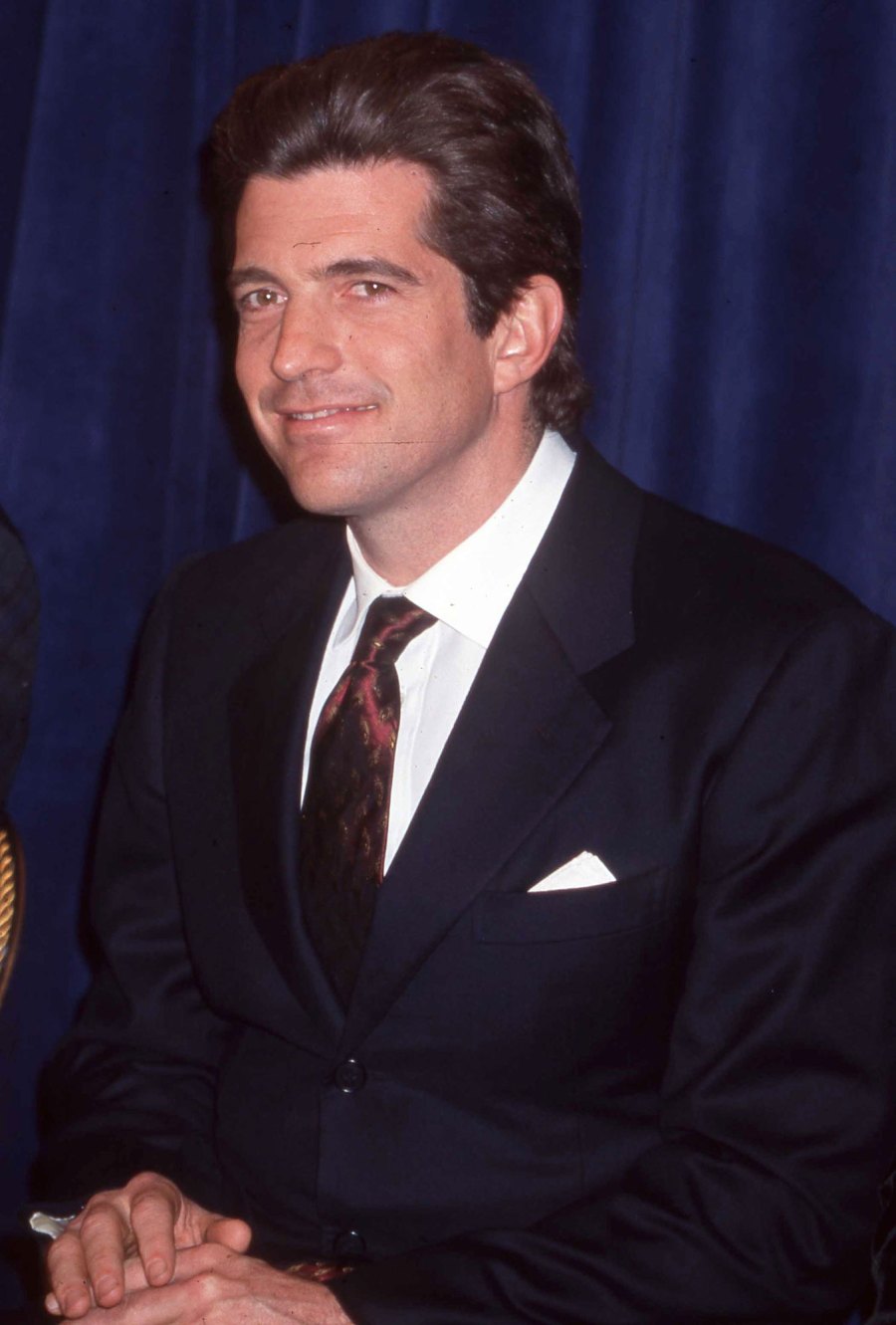
Despite his success in the DA's office, JFK Jr. eventually realized that his true passion lay elsewhere.
He had always been interested in the intersection of law, politics, and media, and he began to explore opportunities that would allow him to combine these interests. In 1995, JFK Jr. founded George, a political and lifestyle magazine that aimed to bridge the gap between politics and popular culture.
Although not a traditional legal career, George allowed JFK Jr. to use his legal knowledge and public platform to influence the national conversation on important issues.
Legacy and Impact: JFK Jr.'s Enduring Influence

John F. Kennedy Jr.'s road to becoming a lawyer was marked by challenges, setbacks, and triumphs.
Despite the immense pressure that came with being a Kennedy, he forged his own path and built a career that reflected his values and ambitions.
His journey from law student to assistant district attorney to magazine founder demonstrated his commitment to public service, his intellectual curiosity, and his determination to succeed on his own terms.

JFK Jr.'s legal career may have been relatively brief, but it left a lasting impact on those who knew him and on the broader public.
He proved that even someone born into privilege and fame could face and overcome challenges, and he remained dedicated to making a positive difference in the world.
Although his life was tragically cut short in a plane crash in 1999, John F. Kennedy Jr.'s legacy continues to inspire new generations of lawyers, public servants, and dreamers.
His road to becoming a lawyer was not just a career choice—it was a reflection of his desire to live up to the ideals of his family while remaining true to himself.
